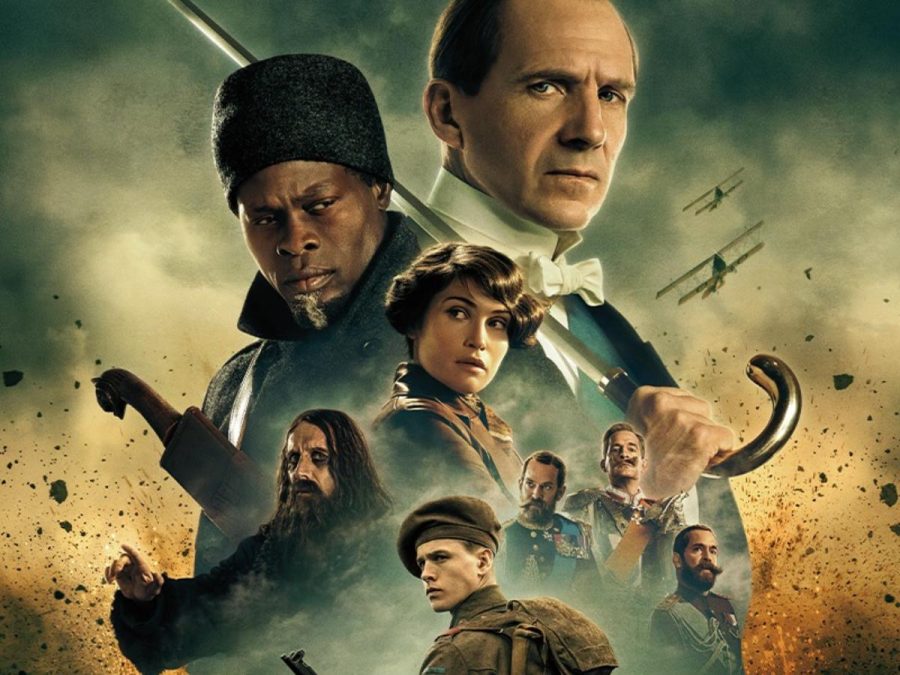The King’s Man: Reviewed
The King’s Man is the R-rated prequel to the 2014 blockbuster action spy-comedy Kingsman: The Secret Service and its just as successful sequel, Kingsman: The Golden Circle. The majority of the movie takes place across Europe from 1914 to 1919 as World War I rages on. It details the journey of the Duke of Oxford and his household as they try to aid Britain before and during The Great War. The movie is quite historically accurate, even when it tends to exaggerate for the sake of comedy.
The two greatest aspects of the film is its attention to historical detail as well as its use of comedy. The writers were able to cleverly integrate their characters into very real-world events, such as the shooting of Archduke Franz Ferdinand, and use them to move the plot along.
The movie also points out the flaws in some of the decisions made by real historical characters, like when the same Archduke went out for a drive only a few hours after a previous assassination attempt. These moments alone serve as a source of laughs, but the exaggerations of certain people and events are what really make the movie shine. The best example would be Grigori Rasputin, the mad monk who serves as a key advisor to Tsar Nicholas II of Russia. While Rasputin was a real monk who advised the ruler of Russia, the film takes his more well known and scandalous traits, such as his lust and gluttony, and creates an atmosphere of absurdity to surround the austere nature of the war.
Most of the changes made for the sake of comedy were for the better, because without them, the film would have been much more serious and depressing than it already is at certain points.
Which brings me to my main criticism of the film. While it is comedic when it tries to be, its biggest issue is that for the majority of the movie, it doesn’t. One of the biggest messages of the film is that people should not eternally wallow in sadness after a tragedy, but it itself stays bleak for painfully long chunks across its runtime. Usually, this would be fine; World War I was a very depressing time to be alive, with all the trench warfare, illnesses, and starvation. However, the main gripe I had was that this movie was a prequel to the two other Kingsman movies.
The first two films did each have their own serious moments, but they never dwelled on them for too long and focused more on the absurdly comedic plot. That was what made the two movies hits in the first place. Unfortunately, if you watched the first two and went on to watch The King’s Man, you would find it incredibly jarring how different the overall tone is. I would estimate that around sixty-five percent of the runtime is spent in relative darkness and soberness, leaving the viewer relatively confused as to why the advertisements for the movie heavily marketed it as a comedy.
Overall, The King’s Man is an interesting historical movie that is filled with both absurd comedic moments and long woefully winded monologues. If you have not watched the other two Kingsman movies yet and you want to watch this one, I recommend that you watch the latter first so that you go in with no previous expectations. No prior knowledge is needed for the film, so you will not be missing anything if you watch it first. As a Kingsman film, I would give The King’s Man a 4.4 out of 10 on the Mariani Movie Scale (MMS). However, as a standalone film I would give it a 6.3 out of 10.



























































